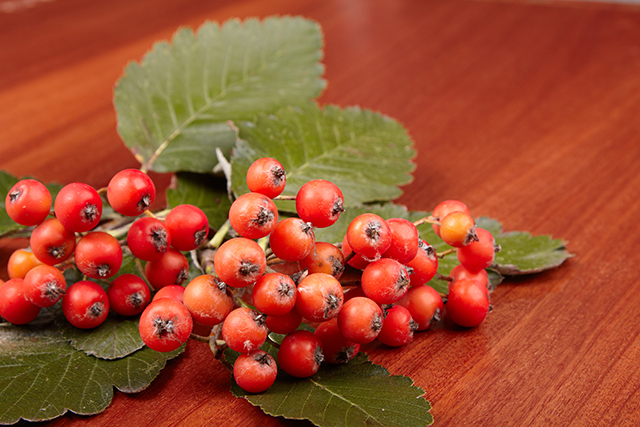The diuretic potential of the Vepris heterophylla
07/25/2018 / By RJ Jhonson

Vepris heterophylla, a plant used in African ethnomedicine as a treatment for cardiovascular disease and malaria, has the potential to treat hypertension, according to a study published in BMC Complementary and Alternative Medicine. Specifically, the researchers examine the plant’s antioxidant and diuretic properties.
- The scientists used aqueous extracts from V. heterophylla.
- They administered the extract to adult rats in varying doses: 50 mg/kg, 100 mg/kg, 150 mg/kg, 200 mg/kg, and 250 mg/kg. They also created two positive control groups, each given the diuretic drugs furosemide (5 mg/kg) and hydrochlorothiazide (HCTZ, 10 mg/kg). A negative control group received only an equivalent about of distilled water.
- Their evaluation revealed that doses ranging from 150 mg/kg to 250 mg/kg resulted in an increase in eliminated fluids and electrolytes, an outcome which the researchers noted were comparable to that of the two diuretic drugs used.
- Phytochemical analysis revealed the presence of flavonoids, sterols, phenolic compounds, and alkaloids, as well as fatty acids, Anthraquinones, volatile oils, glycosides, saponins, tannins, coumarins and triterpenes in the aqueous extract.
The researchers concluded that V. heterophylla possesses antioxidant and diuretic properties and that further studies need to conducted to confirm the plant’s potential as a treatment for hypertension.
Read the full text of this study at this link.
For more stories about heart diseases and treatments, go to Heart.news.
Journal Reference:
Ntchapda F, Bonabe C, Azambou DRK, Talla E, Dimo T. DIURETIC AND ANTIOXIDANT ACTIVITIES OF THE AQUEOUS EXTRACT OF LEAVES OF VEPRIS HETEROPHYLLA (ENGL.) R. LET (RUTACEAE) IN RATS. BMC Complementary and Alternative Medicine. 2016;16(1). DOI: 10.1186/s12906-016-1439-8
Tagged Under: antioxidant, diuretic, furosemide, good herb, Gougouvetche, Hohoum, hydrochlorothiazide, hypertension, hypertension medications, hypertension natural treatment, hypertension treatment, Kotokolhi, Kounikoutchoum, natural treatment, Vepris heterophylla




















